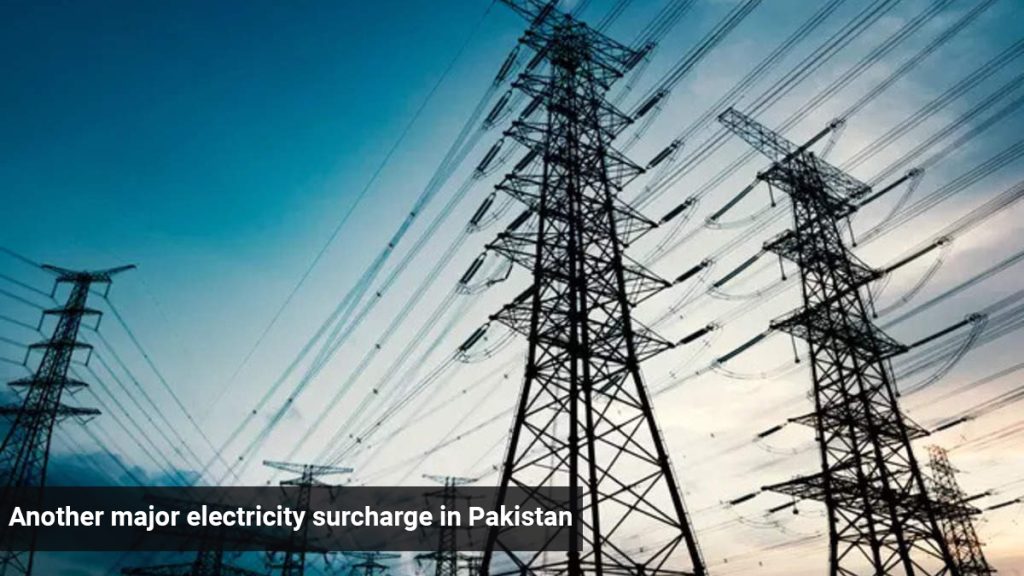Why Electricity Costs in Pakistan Have Skyrocketed: A Detailed Analysis

The cost of electricity in Pakistan has surged dramatically, with the price of a unit from an Independent Power Producer (IPP) rising from Rs. 3 in 2016 to Rs. 285 in 2024. This represents a staggering increase of 9600% over eight years.
During a recent Senate Standing Committee on Energy meeting, Energy Minister Awais Leghari discussed the rising costs and revealed that the government will shift the responsibility of purchasing electricity directly to consumers. This change comes amid widespread concerns and protests regarding IPP agreements.
The committee chair highlighted discrepancies in the IPP agreements compared to regional standards and called for a forensic audit to address concerns about capacity charges and the underperformance of plants operating below 70-80% capacity.
Minister Leghari assured that detailed information would be provided in the next committee meeting and stressed transparency, saying, “We’ve all been in government at different times, and we have the information. There’s no need to hide anything.”
Senator Shibli Faraz criticized the Ministry of Energy for exacerbating economic issues, stating, “We produce the most expensive electricity in the region.” He also expressed concerns about potential fraud by IPPs.
The Energy Secretary reported that Pakistan’s installed capacity of 42,000 megawatts has been reduced to 39,600 megawatts due to retirements, and current production is 132 billion units annually, despite the capacity for 236 billion units. Payments to IPPs are based on operational conditions rather than installed capacity, and five plants are expected to close soon.
He also highlighted that 86% of consumers use less than 200 units, with a bill of Rs. 19,000 for those using 350 units. KE’s costly electricity production results in a government subsidy of Rs. 170 billion to standardize tariffs. Future increases in electricity prices are anticipated from 2025 to 2027 as the government reviews upcoming power projects.
Leghari also revealed plans to sell the Nandipur and Guddu power plants, admitting a lack of complete data and reiterating that the government will no longer purchase electricity, allowing consumers to buy directly from producers. The rise in costs, particularly at the Sahiwal Power Plant, is attributed to high capacity charges for maintaining 24/7 operations.


